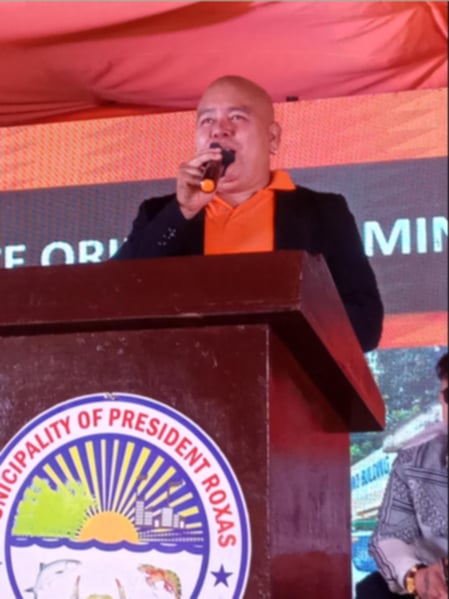
By Jesse Caballero
The case of Mayor Receliste “Tanoy” Escolin of President Roxas in Capiz is more than a local political dispute. It’s a reflection of how some leaders push the limits of power and how our institutions struggle to enforce accountability swiftly.
Having served three consecutive terms as mayor (2016, 2019, and 2022), Escolin still sought to run for a fourth term in the 2025 elections. He argued that his three-month suspension by the Ombudsman during his last term was enough to “break” the continuity of his tenure.
Frankly, this argument is flimsy at best and reeks of political maneuvering. A suspension, no matter how long, does not erase the fact that an official has been elected and has served three consecutive terms. The three-term limit exists for a reason—to prevent political monopolies and ensure fresh leadership. By insisting on a fourth term, Escolin was effectively trying to rewrite the rules for his own benefit.
Comelec’s delay & consequences
What’s frustrating about this case is not just Escolin’s persistence, but also the slow response of our institutions.
The petition to cancel his Certificate of Candidacy (COC) was filed well before the elections, yet COMELEC allowed him to run, be proclaimed, and even assume office. Only after the elections did the decision finally come, canceling his COC and declaring that his candidacy was never valid in the first place.
This sequence of events leaves voters in an awkward position. Those who voted for Escolin may feel deceived, while those who opposed him are left wondering why the system allowed an ineligible candidate to take office in the first place.
This is where COMELEC needs to do better. Cases like this should be resolved swiftly and decisively, preferably before election day, to avoid chaos and public mistrust.
A question of integrity
Escolin’s insistence on a fourth term sends the wrong message about leadership. True leaders know when to step down and make way for others.
When an official clings to power by exploiting technicalities, it’s not about service anymore—it’s about self-interest. Such actions erode public trust and undermine the principles of democracy.
The law is clear: serving three consecutive terms is the maximum allowed. No amount of legal creativity should change that. Escolin’s eventual disqualification is the correct outcome, but it should never have taken this long.
Lessons for the future
This case should push COMELEC and the judiciary to tighten their processes and prioritize disqualification cases. Voters deserve clarity, not uncertainty. Politicians, on the other hand, need to learn that public office is not a personal entitlement. The rules apply to everyone, no matter how popular or powerful they may be.
Escolin’s case is a cautionary tale. It tells us that while the law can prevail, it often does so too late. For the sake of democracy, we need to close these gaps and ensure that leaders who overstay their welcome are stopped before they can misuse power.





